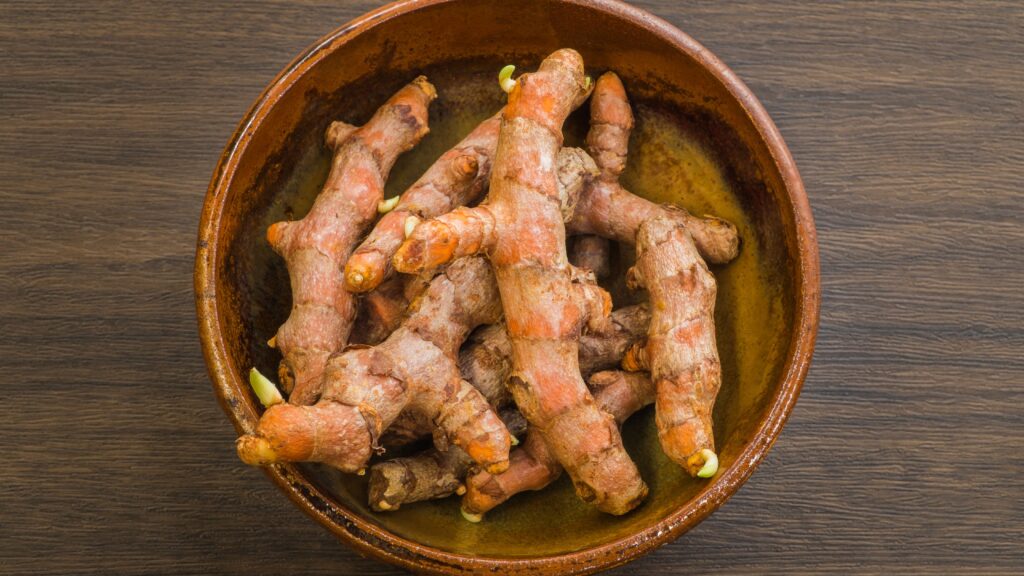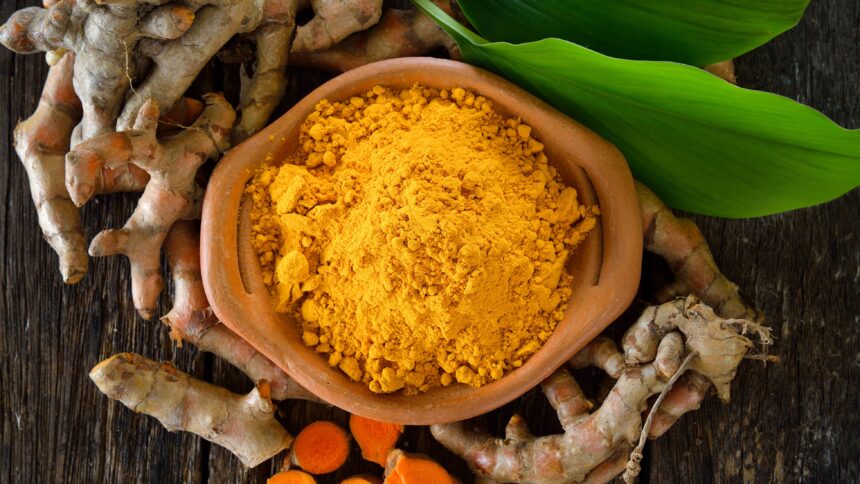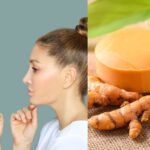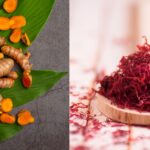Is turmeric low histamine? This question is increasingly popping up as more and more people are becoming aware of the potential impact of histamine on their health. Turmeric, a vibrant yellow spice with a long history of use in traditional medicine, is known for its anti-inflammatory and antioxidant properties. But can it be enjoyed by those following a low-histamine diet?
Let’s delve into the world of histamine, turmeric, and the potential interactions between them.
Understanding Histamine and Histamine Intolerance
Histamine is a naturally occurring chemical compound found in various foods, drinks, and even our own bodies. It plays a crucial role in immune responses, inflammation, and other bodily functions. While histamine is essential for a healthy body, some individuals experience histamine intolerance.
Histamine intolerance occurs when the body struggles to break down histamine effectively. This can lead to a variety of symptoms, including:
- Headaches: Migraines and other types of headaches are common symptoms of histamine intolerance.
- Skin Reactions: Hives, itching, flushing, and eczema are some of the skin manifestations.
- Digestive Issues: Nausea, vomiting, diarrhea, bloating, and abdominal pain can be triggered by histamine.
- Respiratory Issues: Runny nose, sneezing, and difficulty breathing can occur.
- Other Symptoms: Fatigue, dizziness, anxiety, and even mood swings can be associated with histamine intolerance.
The exact cause of histamine intolerance is not fully understood, but factors like genetics, gut health, and certain medications can play a role.
The Role of Turmeric in Histamine Intolerance

Turmeric, derived from the Curcuma longa plant, contains a potent compound called curcumin. Curcumin is known for its anti-inflammatory and antioxidant properties. While turmeric itself is not considered high in histamine, it’s important to consider its potential effects on histamine levels in the body.
Curcumin’s Potential Impact on Histamine:
- Anti-inflammatory Effects: Curcumin’s anti-inflammatory properties might help reduce inflammation associated with histamine intolerance. However, it’s crucial to note that the exact mechanism of action is still being studied.
- Antioxidant Properties: Curcumin’s antioxidant properties can help protect cells from damage caused by free radicals, which can contribute to inflammation and histamine release.
- Potential for Histamine Release: Some research suggests that curcumin might trigger the release of histamine in certain individuals. This effect is likely to be minimal in most cases, but it’s worth considering if you are particularly sensitive to histamine.
Turmeric and Low-Histamine Diets
While turmeric itself is not high in histamine, its potential effects on histamine levels can be a concern for those following a low-histamine diet.
Here’s what you need to know:
- Start Slowly: If you are new to turmeric and following a low-histamine diet, it’s best to start with small amounts and monitor your body’s response.
- Listen to Your Body: Pay attention to any symptoms you experience after consuming turmeric. If you notice any adverse reactions, it’s best to avoid it or reduce your intake.
- Consider Other Spices: There are many other delicious and healthy spices that are low in histamine and can be enjoyed on a low-histamine diet. Explore options like ginger, cinnamon, coriander, and cumin.
Tips for Enjoying Turmeric on a Low-Histamine Diet
If you choose to incorporate turmeric into your diet, here are some tips to minimize potential histamine reactions:
- Choose Fresh Turmeric: Fresh turmeric is generally considered lower in histamine than dried turmeric.
- Cook Thoroughly: Cooking turmeric can help break down some of the histamine content.
- Combine with Other Low-Histamine Ingredients: Pair turmeric with other low-histamine ingredients like ginger, garlic, and lemon to create delicious and flavorful dishes.
- Avoid Overconsumption: Stick to moderate amounts of turmeric to avoid potential histamine reactions.
Conclusion: Is Turmeric Low Histamine?
The answer to the question “Is turmeric low histamine?” is not a simple yes or no. While turmeric itself is not considered high in histamine, its potential effects on histamine levels can vary depending on individual sensitivity.
If you are following a low-histamine diet, it’s important to be mindful of your body’s response to turmeric. Start with small amounts, listen to your body, and consider other low-histamine spices as alternatives.
Remember, everyone’s body is different, and what works for one person may not work for another. If you have concerns about histamine intolerance or the impact of turmeric on your health, consult with a qualified healthcare professional.




